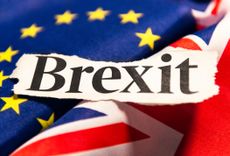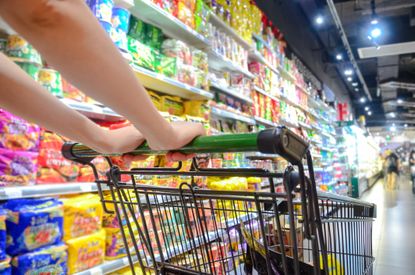UK Economy
News, updates and features on the state of the UK economy. Live reporting and analysis on GDP, inflation, Budgets and the latest from the Bank of England as well as comprehensive reports and expert analysis on what it all means for your money.
Explore UK Economy
-

UK inflation: What are the Consumer Price Index release dates?
The UK’s inflation reports are published monthly. When do they come out and where are prices heading?
By Daniel Hilton Last updated
-

ONS: UK economy grew by ‘lacklustre’ 0.1% in final quarter of 2025
The construction sector performed its worst in more than four years in the final quarter of 2025, the latest Office for National Statistics (ONS) GDP figures show
By Sam Walker Last updated
-

Will UK interest rates fall in 2026? Latest Bank of England predictions
The Bank of England held interest rates at 3.75% in their February meeting. Will interest rates stay at this level, or will they fall further this year?
By Daniel Hilton Last updated
-

When is the next Bank of England base rate meeting?
The Bank of England held interest rates at 3.75% in February 2026. When is the next Monetary Policy Committee meeting and will interest rates fall further this year?
By Daniel Hilton Last updated
-

"Botched" Brexit: Should Britain rejoin the EU?
Brexit did not go perfectly nor disastrously. It’s not worth continuing the fight over the issue, says Julian Jessop
By Julian Jessop Published
-

'AI will change our world in more ways than we can imagine'
Interview Rob Arnott of Research Affiliates talks to Andrew Van Sickle about the AI bubble, the impact of tariffs on inflation and the outlook for gold and China
By Andrew Van Sickle Published
Interview -

Tony Blair's terrible legacy sees Britain still suffering
Opinion Max King highlights ten ways in which Tony Blair's government sowed the seeds of Britain’s subsequent poor performance and many of its current problems
By Max King Published
Opinion -

Rachel Reeves is rediscovering the Laffer curve
Opinion If you keep raising taxes, at some point, you start to bring in less revenue. Rachel Reeves has shown the way, says Matthew Lynn
By Matthew Lynn Published
Opinion -

ISA reforms will destroy the last relic of the Thatcher era
Opinion With the ISA under attack, the Labour government has now started to destroy the last relic of the Thatcher era, returning the economy to the dysfunctional 1970s
By Matthew Lynn Published
Opinion
